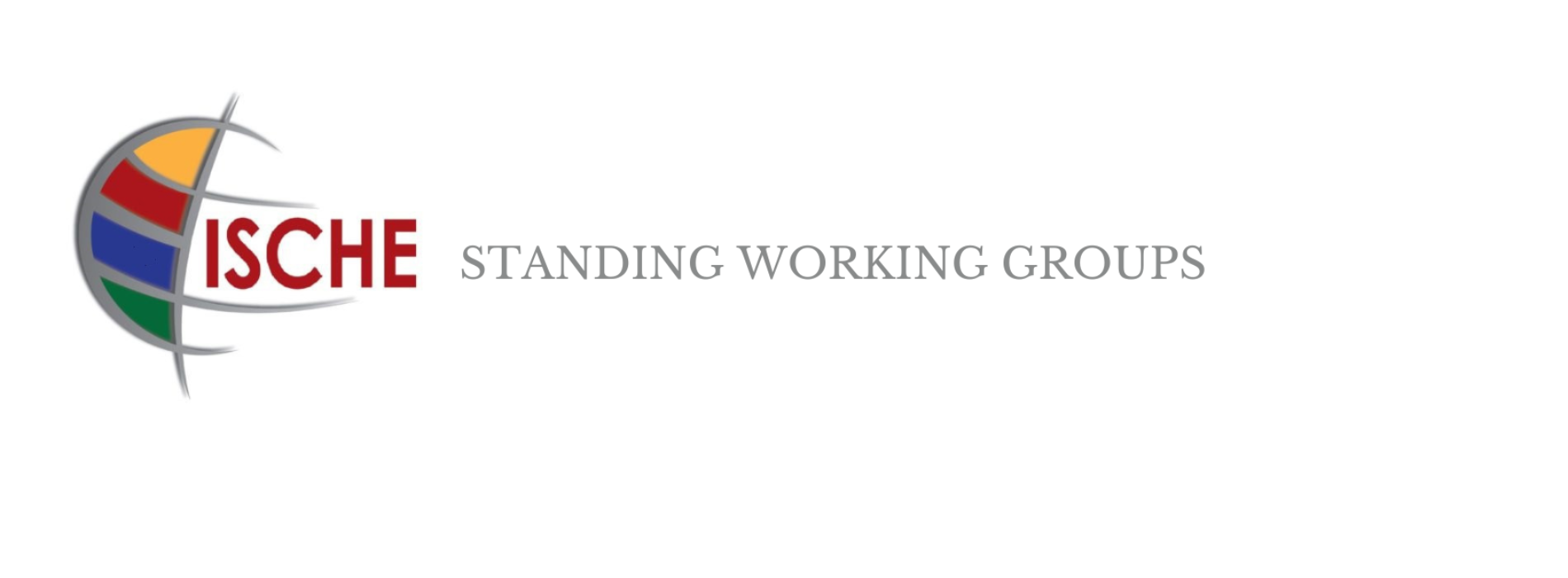Standing Working Groups
Standing Working Groups (SWG) are small, thematically organized research groups within ISCHE, designed to coordinate research and discussion on a set topic, guided by specific research goals, for a set period of time. SWGs are automatically granted two parallel session slots on the programme of each ISCHE annual conference. Guidelines for the operations and establishment of Standing Working Groups are located in Section 7 of the ISCHE Byelaws.
Overview of Current Standing Working Groups
Click on the SWG to read more about their objectives, activities, annual reports, etc.
- History of Education in African Societies (2024 – 2029)
- Teacher Education and Written Culture: History of Libraries, Books, and Practices (2024 – 2029)
- Crises and Educational Renewal in a Complex World, 1870-1950 (2024 – 2029)
- Public Histories of Education (2023 – 2028)
- Notre tout puissant Empire du milieu: histories of secondary education (2022 -2027)
- History of Knowledge in the History of Education (2022 – 2027)
Overview of Previous Standing Working Groups
- Observatory for the History of Education (2019 – 2024)
- Material Hermeneutics and Remediation as Challenges in Visual Studies in Histories of Education (2018-2023)
- Gendering Local, National, Regional, Transnational and Supra-National Histories of Education (2018-2023)
- The History of Educational Funding: Models, Debates and Policies in an International Perspective (1800-2000) (2018-2023)
- Growing up in out-of-home care: Histories of children and youths in foster families and residential homes (2017-2022)
- Migrants, Migration and Education (2016-2021)
- REFORPRO: Reformism (s), Progressivism (s), Conservatism (s) in education: what critical argumentations? (2016-2021)
- History of Laic Education: Concepts, Policies and Practices around the World (2016-2021)
- Objects, Senses and the Material World of Schooling (2015-2019)
- Mapping the Discipline History of Education SWG (2014-2019)
- Touching Bodies in School SWG (2014-2018)
- Gender SWG (2012-2016)
- Teachers Critical Thinking (2010-2015)
The Standing Working Group Educational media in comparative perspective, convened by Eckhardt Fuchs, Ian Grosevenor and Daniel Lindmark came to the end of its work in 2012. In 2009 the SWG Comparative Lexicography in Theory and History of Education” convened by Luciana Bellatalla completed its work. Two SWGs wrapped up their work in 2007: Teachers Union’s (RESEAU) and Cross Cultural Influences in History of Education. From 1998-2012 what is presently the Gender and Education SWG operated as the History of Womens’ and Girls’ Education SWG.


